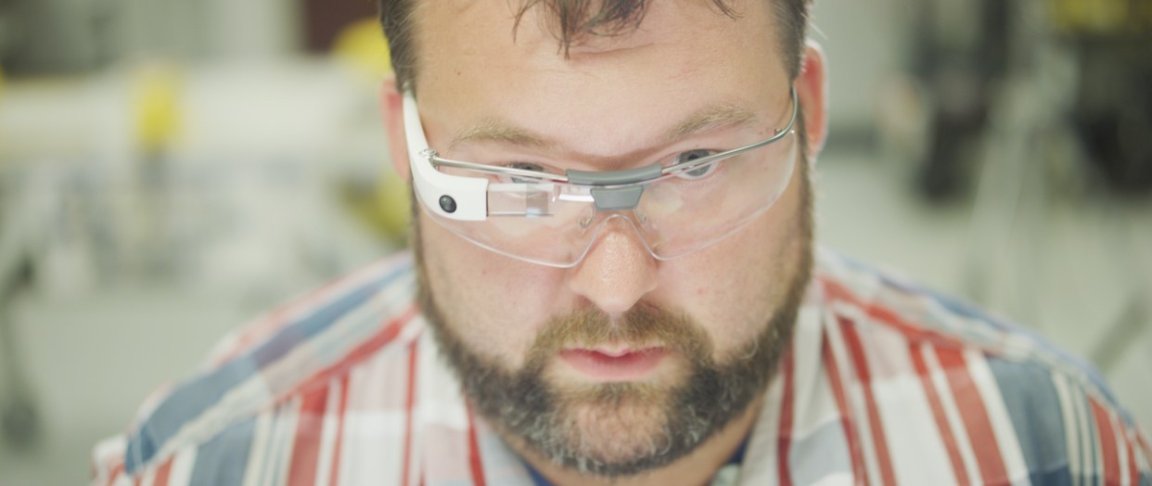
A Clearer Vision
When Google Glass debuted back in 2012, it generated so much hype that people expected it to usher in a new era of wearable technologies. Sadly, the hype was short-lived as people realized that Glass wasn’t what they thought it could be.
Despite officially shutting down the Glass website in 2015, Google didn’t exactly pull the plug on the project, and now, Glass is back with a new mission.
The reboot comes from X, the “moonshot” branch of Google’s parent company, Alphabet. The eyeglass-like wearable is now called Glass Enterprise Edition, and according to the Glass website, it’s now “a hands-free device, for hands-on workers.”
“Workers in many fields, like manufacturing, logistics, field services, and healthcare, find it useful to consult a wearable device for information and other resources while their hands are busy,” Jay Kothari, project lead for Glass, wrote in a blog announcement. “That’s why we’ve spent the last two years working closely with a network of more than 30 expert partners to build customized software and business solutions for Glass for people in these fields.”
Glass 2.0
This work-focused version of Glass was a product of time and smart choices. Despite the original Explorer Edition not landing a core market, it did find traction in a number of work environments.
“We first saw signs of Glass’ potential for businesses in the Glass Explorer days,” explained Kothari. “As we said when we graduated, we’d been seeing incredible developments with Glass in the workplace.”

While Alphabet continued to supply companies like Boeing, General Electric, DHL, and AGCO with the Glass Explorer, they also started adjusting the lenses to focus on just one market.
For these businesses, using the Enterprise Edition has worked out pretty well. “Employees are now working smarter, faster, and safer because they have the information they need right in their line of sight,” AGCO’s Peggy Gulick told Kothari.
By pivoting away from the consumer market, Glass may just have found a way to rewrite its legacy.